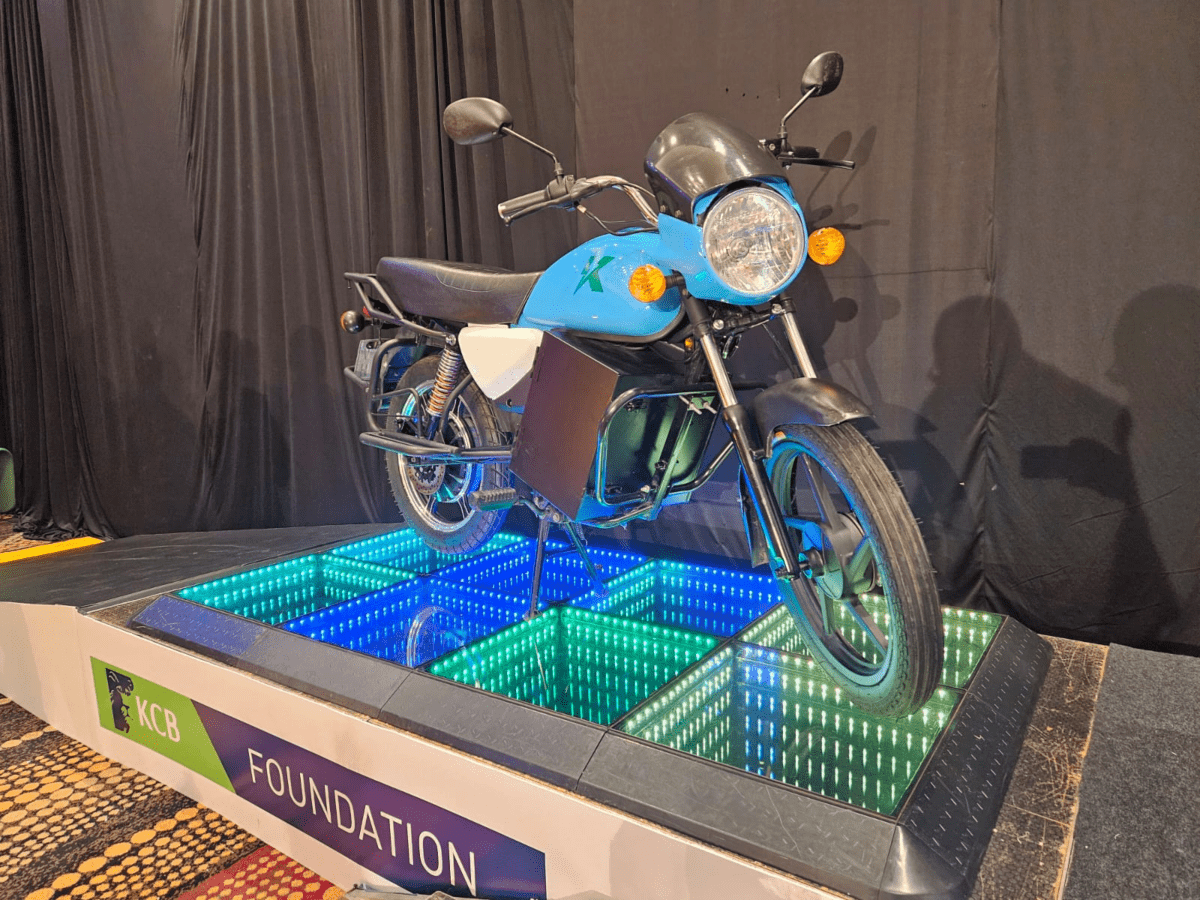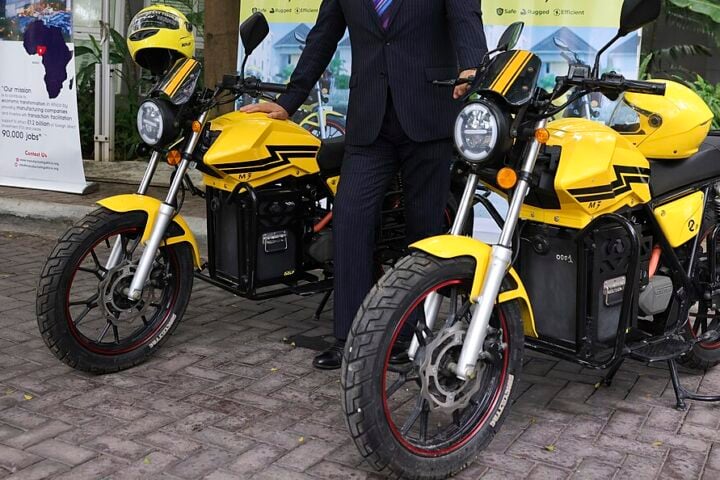Kiri EV, a Nairobi-based electric vehicle startup, is steering Kenya into the future with its array of all-electric bikes, marking a significant shift in the nation’s approach to transportation. The company’s spirit is charged with the ambition of transforming the African motor industry, segment by segment, proving that electric vehicles (EVs) are not just a global trend but a practical solution for Kenya’s mobility challenges.
Christopher Mukiri Maara, is the brain behind Kiriev and guess what? Mukiri, meaning “The Quiet One,” a fitting nod to the silent operation of EVs. This visionary is not just an entrepreneur but an energy enthusiast at heart, already making waves in the solar and pico hydro installation realms. He might be intending to have Kenya not trailing but as a frontrunner in the global shift towards sustainable transportation, especially given the country’s rich portfolio of renewable energy sources, including wind, hydro, solar, and geothermal, which make up 90% of its energy mix.
Kiri EV isn’t just about selling electric bikes; it’s about selling a greener, more sustainable lifestyle. Their models, including the Funstar scooter, the standard Nomad, and the sporty Moran, are not only diverse but are also a statement that style, speed, and eco-consciousness can coexist. These bikes, with an average range of 70-80 km per charge and a top speed of up to 80 km/hr, are a testament to the company’s commitment to quality and performance without compromising the environment.
What’s more, Kiri EV is keen on making these electric bikes accessible to the masses. They’re not just targeting the private consumer but also the boda bodas, the motorcycle taxis that are a common sight in Kenya. By offering models with a carrying capacity of 200 kg and features like disc brakes and LED lights, they’re ensuring these bikes are a viable option for a wide range of users.
Similar Posts
The company’s innovation streak is further evident in their approach to energy solutions. They’re not just stopping at vehicles but are also rolling out public and private charging and swap stations, ensuring that the EV owners have a seamless and hassle-free experience. Their smart batteries are constantly monitored for optimal performance, and their proprietary app allows users to locate swap stations, reserve batteries, and access essential bike information with ease.
One of Kiri EV’s standout initiatives is the assembly of electric cargo Tuk Tuks, specifically designed for last-mile deliveries in the Kakuma refugee camp. These Tuk Tuks, which can carry up to 530 kg and have a range of 70 km, are charged using solar power, showcasing how EV technology can be adapted for humanitarian efforts.
Kiri EV’s journey is just revving up. With a successful 12-month pilot under their belt, they’re now scaling up, aiming to have 300 bikes on the ground by the end of the year. Their vision doesn’t stop at Kenya; they’re eyeing the entire African continent, ready to lead the electric revolution one bike at a time.
In the bustling streets of Nairobi to the tranquil paths in rural Kenya, Kiri EV’s electric bikes are starting to become a common sight. They’re not just a mode of transportation; they’re a beacon of change, a silent revolution on two wheels, promising a cleaner, greener future for all. So, when you see one zoom past you, know that it’s more than just a bike; it’s a statement, a pledge for a better tomorrow.

















